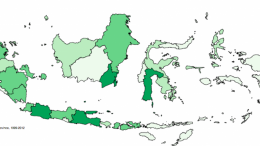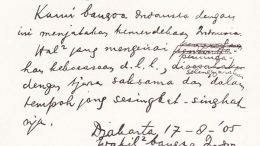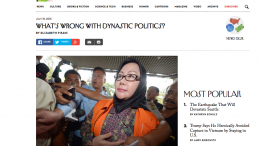Health insurance Etc.: Indonesia’s improbable success
Since its very inception, Indonesia has been given to committing itself to unlikely projects with virtually no preparation. Nationhood, for example (1945). Rice self-sufficiency (1970). Dramatic decentralisation (1999). Most recently, in 2014, universal health coverage. By 2019, it was summarily declared, all Indonesians would be included in a single national health insurance scheme. All of these grandiose declarations were greeted with howls of scepticism from colonisers or so-called development partners; there was a great deal of “they’ll-never-do-it-without-us” thigh-slapping/hand-wringing. Each spectacularly…










